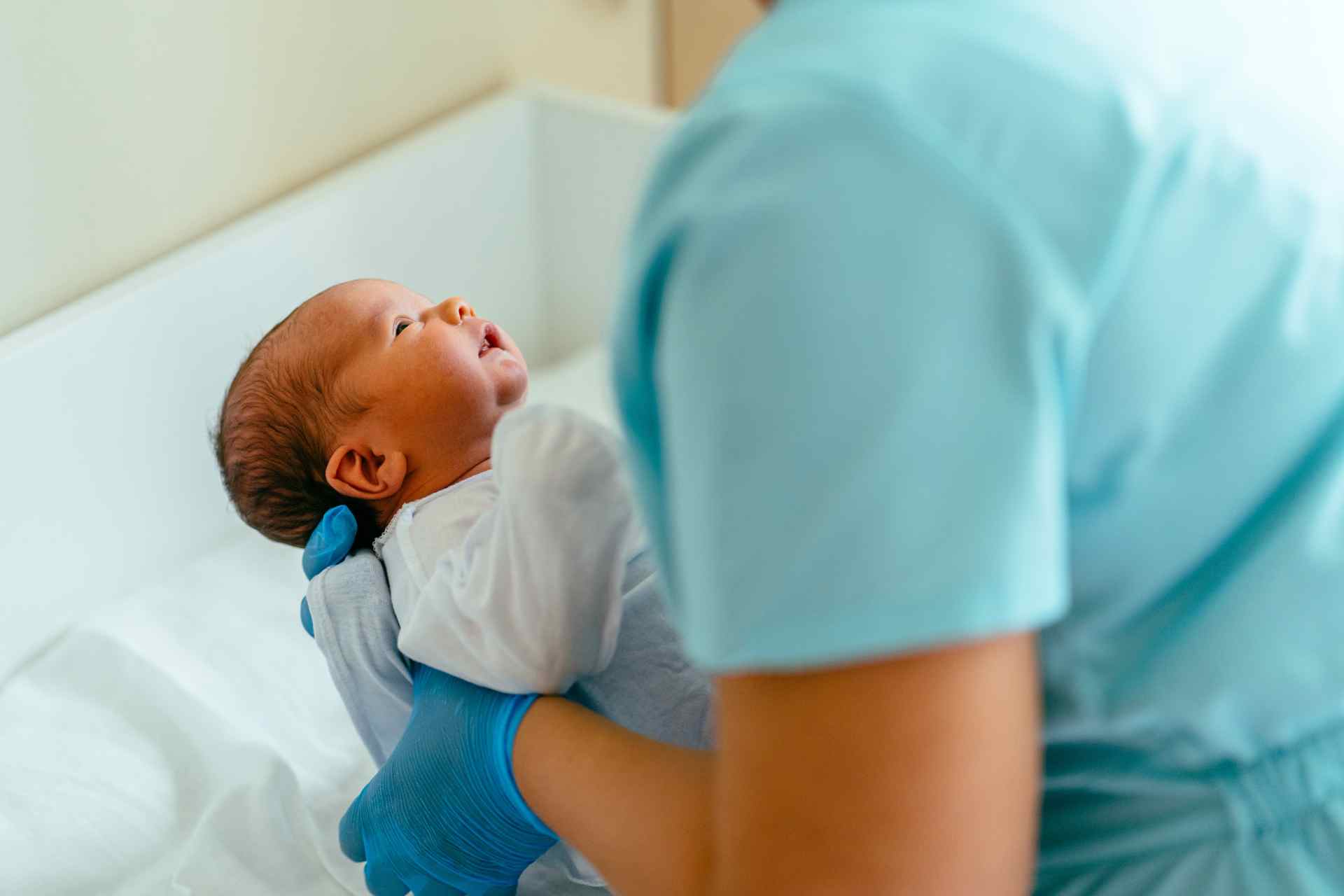What is already known
Infants born with Cesarean section have a different microbiota compared with infants born vaginally, and they are more likely to have asthma, obesity and developmental delay. Vaginal microbiota transfer (VMT), the practice of swabbing a newborn’s mouth and skin with fluids from their mother’s vagina, has been proposed as a strategy to prevent differences in microbiota composition. However, the efficacy and safety of the procedure is still up for debate.
What this research adds
The authors highlight recent research that found that VMT may alter infant gut microbiota and improve neurodevelopment, and discuss it in the context of the therapeutic potential for VMT. Although the first pilot study of VMT to infants born with C-section found vaginal microbes in infant anal and skin swabs, the analysis did not examine the newborns’ stool microbiota. Subsequent research that looked at the gut microbial communities of infants who received VMT yielded mixed results. Newborn mice given vaginal bacteria show differences in immune cells compared with controls, and VMT may reduce some of the adverse health outcomes associated with C-section in humans.
Conclusions
Larger studies with longer follow-ups are needed to assess whether and how VMT influences neurodevelopment.
More than one in five infants worldwide are born through Cesarean section. These infants have a different microbiota compared with infants born vaginally, and they are more likely to have asthma, obesity and developmental delay. But a growing body of evidence suggests that swabbing a newborn’s mouth and skin with fluids from their mother’s vagina, a practice known as vaginal microbiota transfer (VMT), could prevent adverse health outcomes associated with C-section.
Writing in Cell Host & Microbe, Heather Jaspan at Seattle Children’s Research Institute in Washington and her colleagues highlight recent research that found that VMT may alter infant gut microbiota and improve neurodevelopment, and discuss it in the context of the therapeutic potential for VMT.
“The greatest non-antibiotic, early-life determinants of infant gut microbiota are mode of delivery and feeding type,” the authors say. In the first months of life, infants born vaginally have more Bacteriodes in their gut microbiota than those born with C-section, who instead have higher levels of Streptococcus and Clostridia.
VMT has been proposed as a strategy to prevent differences in microbiota composition. However, the efficacy and safety of the procedure is still up for debate.
Improving neurodevelopment
The first pilot study of VMT to infants born with C-section found vaginal microbes in infant anal and skin swabs. However, the work did not examine the newborns’ stool microbiota.
Subsequent studies that looked at the gut microbial communities of infants who received VMT yielded mixed results.
Newborn mice given vaginal bacteria show differences in immune cells compared with controls, a 2021 study found. A recent clinical trial showed that the microbiotas of infants who received VMT were more similar to those of vaginally delivered infants starting at day 7 of life and until day 42. The neurodevelopmental scores of these infants were also similar to those of vaginally born babies at 3 and 6 months of age.
The findings suggest that VMT may reduce some of the adverse health outcomes associated with C-section in humans. The trial, which included a screening of pregnant women for a series of viruses including Hepatitis C and HIV, also showed that VMT appears to be a safe procedure.
“This is important for two reasons: (1) it shows a possible causal link between C-section and neurodevelopment that may be particularly related to microbiome and (2) there may be therapeutic potential for VMT in the future for high-risk infants in carefully controlled settings where rapid screening for presence of genital pathogens is available,” the authors say.
Towards the clinic
However, the trial had a short follow-up time and did not assess immunological, metabolic or growth outcomes, so it’s unclear whether VMT has a sustained influence on the infants’ health.
What’s more, the study was conducted in a small group of Chinese women, so its findings may not be generalizable to other populations, the authors say. They also recommend testing for viral, bacterial and fungal infections, especially when assessing VMT for premature babies and other high-risk infants.
“VMT should be evaluated in carefully designed, larger clinical trials with longer follow-up for other infant outcomes associated with C-section delivery, such as atopy, and for its influence on robustly assessed neurodevelopment,” the authors say.











